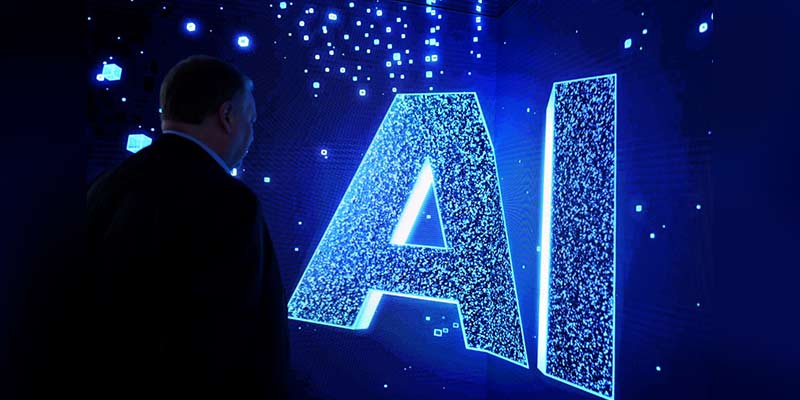- India
- Dec 31
RBI sets up panel to develop AI framework
• The Reserve Bank of India (RBI) announced the setting up of an eight-member committee to develop a Framework for Responsible and Ethical Enablement of Artificial Intelligence (FREE-AI) in the financial sector.
• Headed by IIT Bombay professor Pushpak Bhattacharyya (Department of Computer Science and Engineering), the panel will assess the current level of adoption of AI in financial services, globally as well as in India.
• It will also review regulatory and supervisory approaches on AI with focus on the financial sector globally.
• The panel will also identify potential risks associated with AI, if any, and recommend an evaluation, mitigation and monitoring framework and consequent compliance requirements for financial institutions, including banks, NBFCs, FinTechs, Payment System Operators (PSOs), etc.
• The committee will recommend a framework including governance aspects for responsible, ethical adoption of AI models / applications in the Indian financial sector.
• The Committee will submit its report within six months from the date of its first meeting.
What is artificial intelligence?
• The term ‘artificial intelligence’ (AI) means a machine-based system that can, for a given set of human-defined objectives, make predictions, recommendations or decisions influencing real or virtual environments.
• AI is the use of digital technology to create systems capable of performing tasks commonly thought to require human intelligence.
• AI is expected to change the way we work and live. In view of its positive impact on the economy, the technology is being embraced by countries across the world. Its proliferation is being regarded as the fourth industrial revolution.
• AI presents enormous global opportunities: it has the potential to transform and enhance human well-being, peace and prosperity.
• AI promises to transform nearly every aspect of our economy and society. The opportunities are transformational — advancing drug discovery, making transport safer and cleaner, improving public services, speeding up and improving diagnosis and treatment of diseases like cancer and much more.
• However, AI should be designed, developed, deployed, and used, in a manner that is safe, in such a way as to be human-centric, trustworthy and responsible.
• The opportunities are vast, and there is great potential for increasing the productivity of workers of all kinds.
• However, these huge opportunities come with risks that could threaten global stability and undermine our values.
• AI poses risks in ways that do not respect national boundaries. It is important that governments, academia, businesses, and civil society work together to navigate these risks, which are complex and hard to predict, to mitigate the potential dangers and ensure AI benefits society.
Manorama Yearbook app is now available on Google Play Store and iOS App Store


